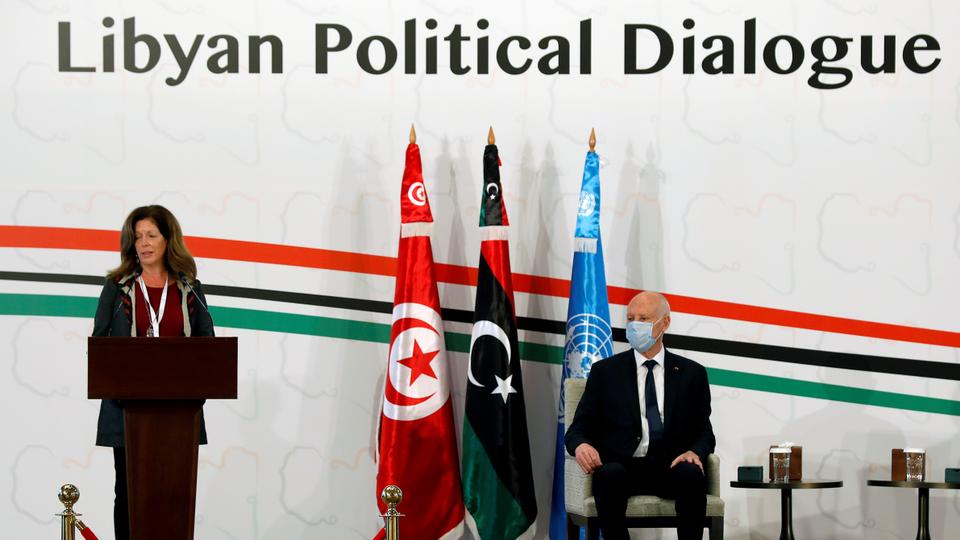A week of discussions by the Libyan Political Dialogue Forum (LPDF) failed to result in consensus on how to carry out this year’s elections. Both presidential and parliamentary elections are scheduled for December 24th, but the 75 delegates of the LPDF are yet to agree on how these are to be held.
The LPDF was launched by the United Nations Support Mission in Libya (UNSMIL) in autumn 2020, with the aim of generating “consensus on a unified governance framework and arrangements that will lead to the holding of national elections in the shortest possible timeframe.” In March 2021, the group created the current Government of National Unity, with a majority of delegates (39) supporting Mohamed Menfi for Presidency Council head, and Abdul Hamid Mohammed Dbeibah for Prime Minister.
In recent discussions, some of the delegates persuaded UN officials to reopen discussions on whether to hold the presidential election at all, or a referendum on a constitution to lay out the president’s role going forward. 26 delegates went on to release a statement condemning the UN for proposing a series of options that includes this avoidance of the presidential election, as it would keep parts of the current government in place.
For some in the LPDF, the matter of whether the presidential election should be held as well as the parliamentary one is already settled. Holding both is an outcome endorsed by the UN security council in a resolution passed in April 2021.
This past week’s discussions have led to some tense scenes, including accusations of threat and bribery. Jan Kubis, the UN’s special envoy to Libya, urged the delegates to end this “intolerable personal abuse.”
Raisedon Zenenga, mission coordinator of UNSMIL, said “the people of Libya will certainly feel let down as they still aspire to the opportunity to exercise their democratic rights in presidential and parliamentary elections on December 24.”
Philip English, is a member of the YCL’s Manchester Branch



